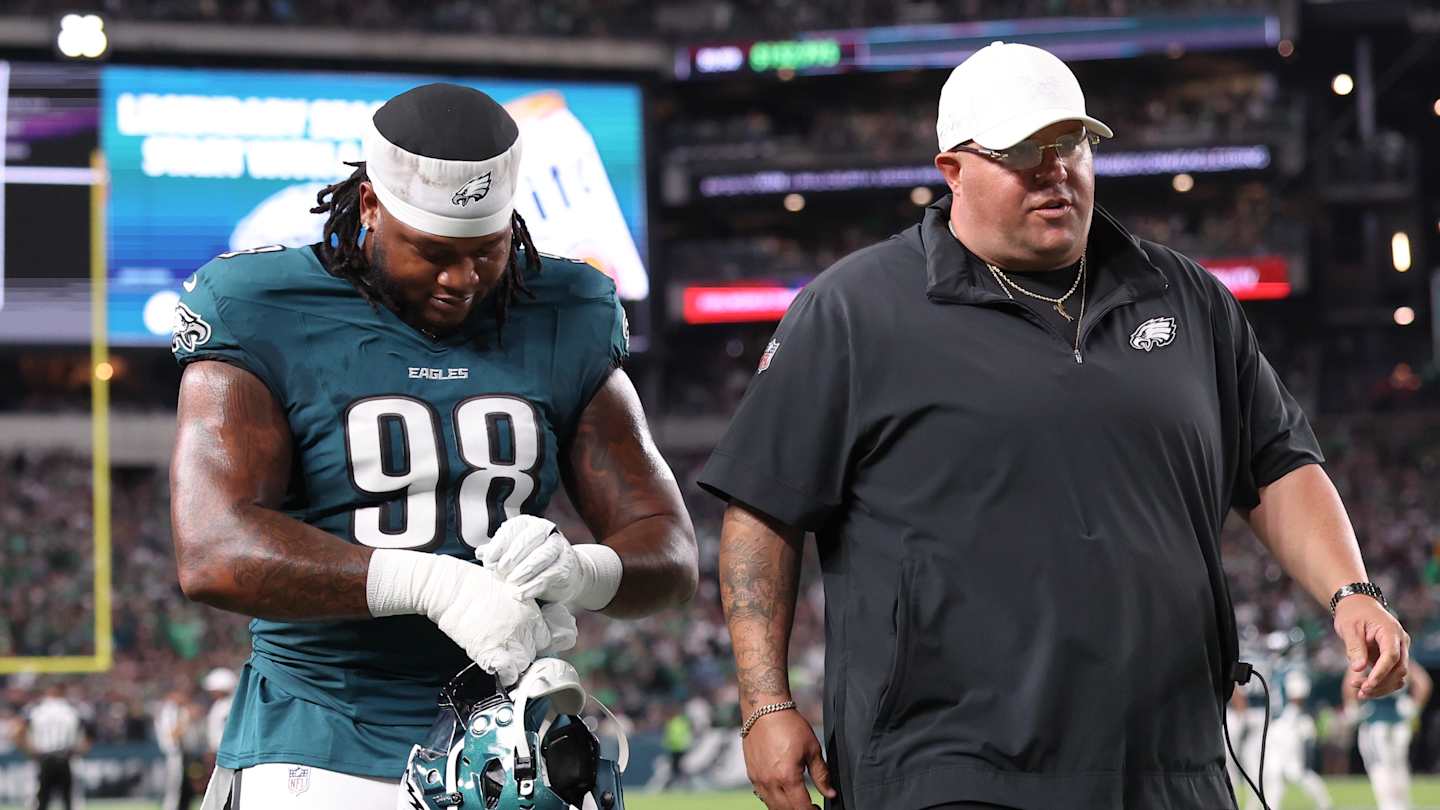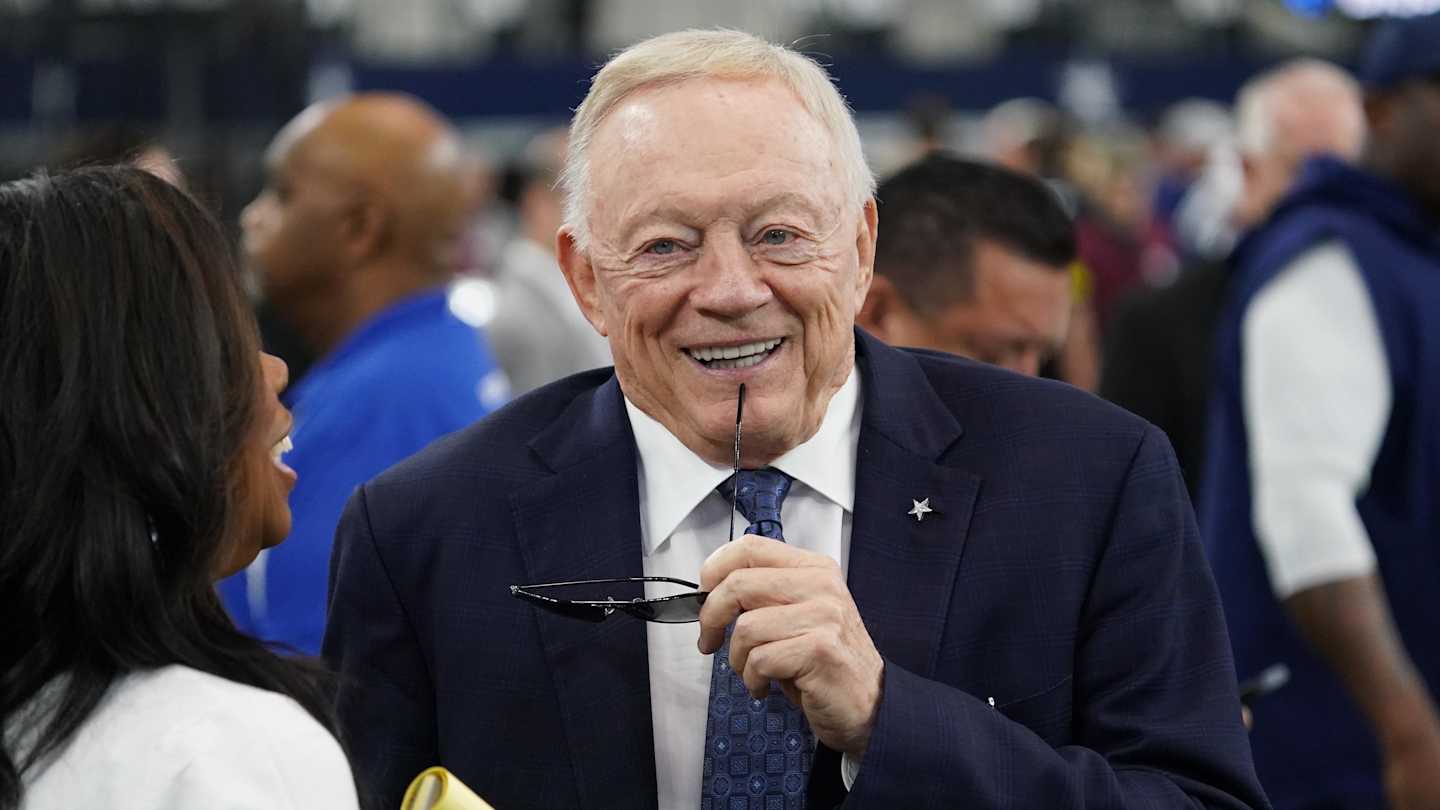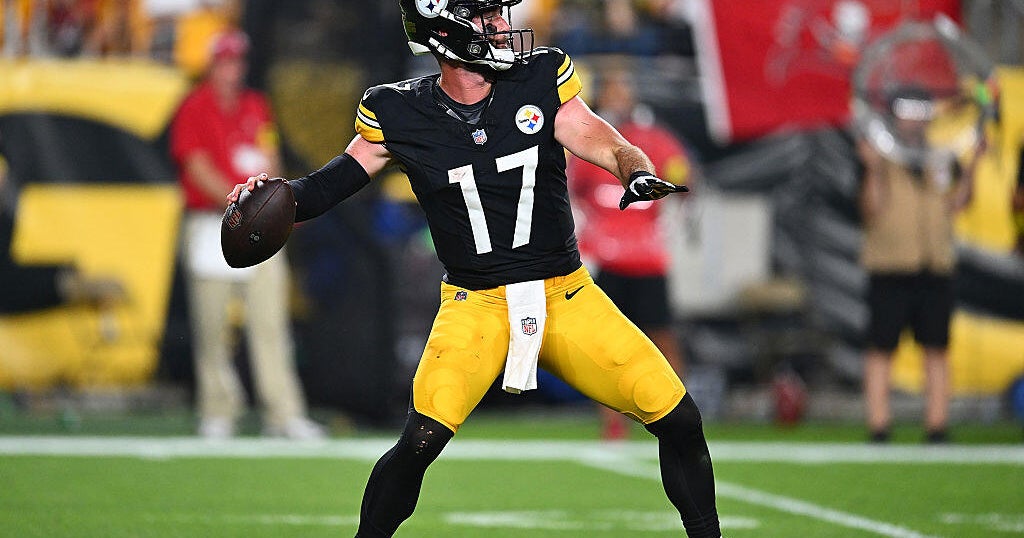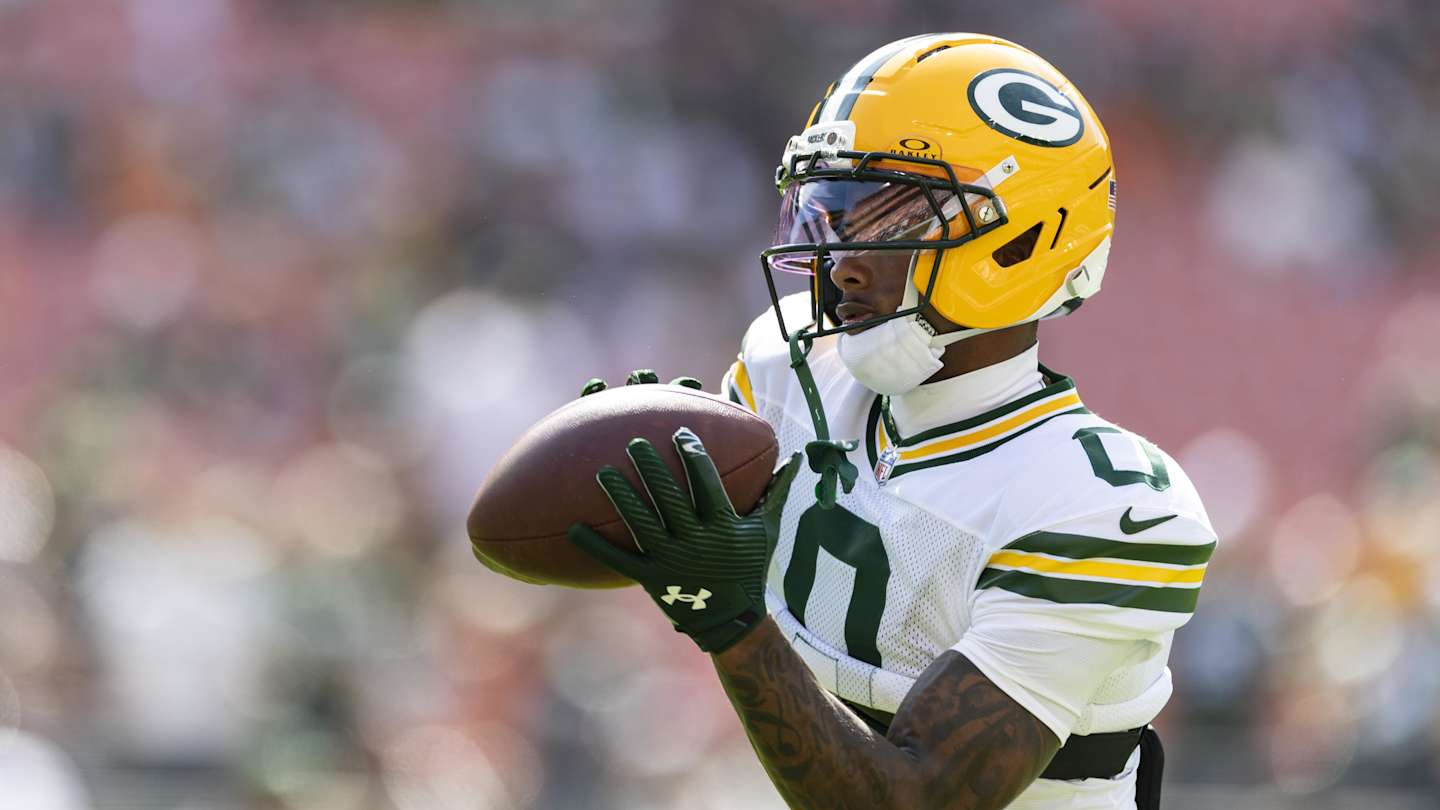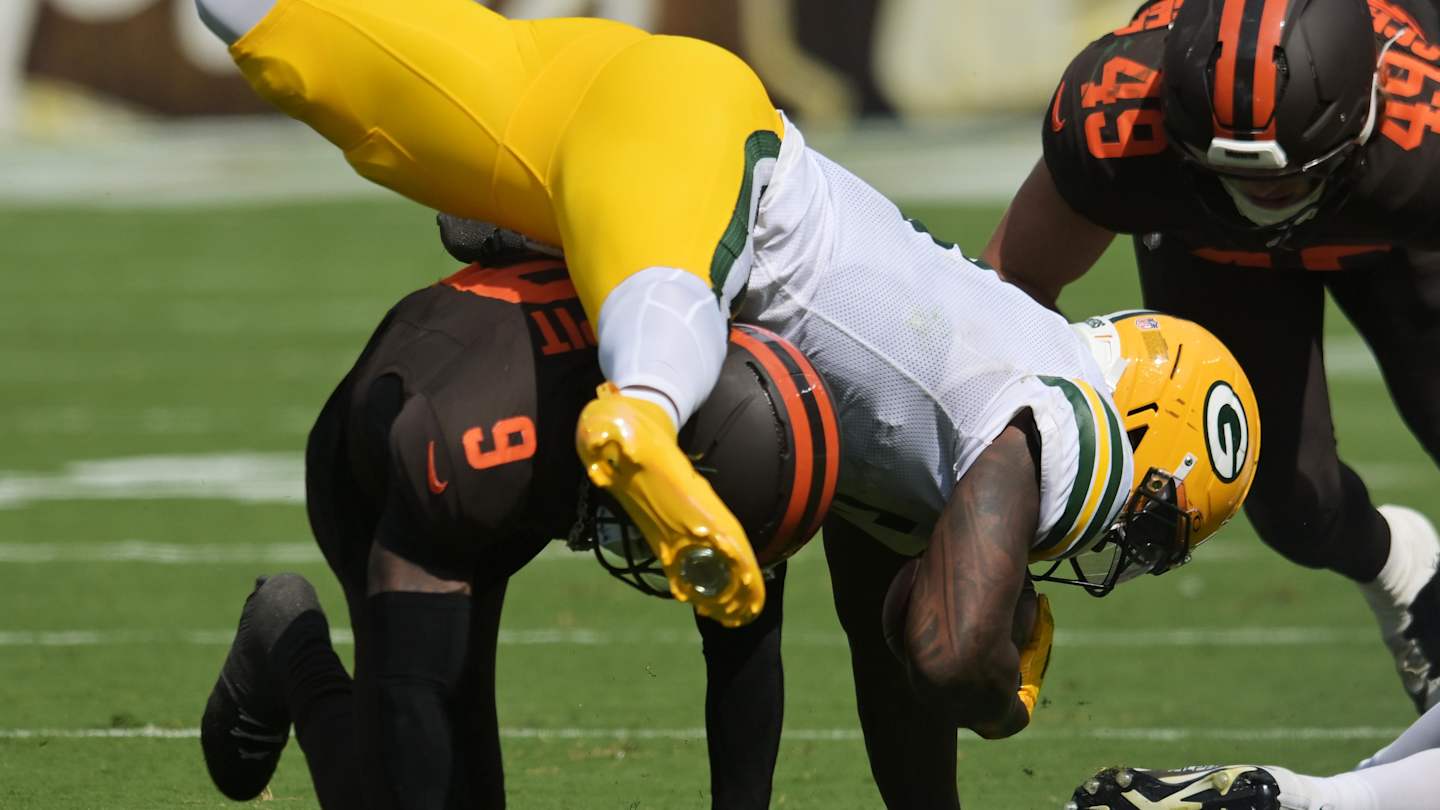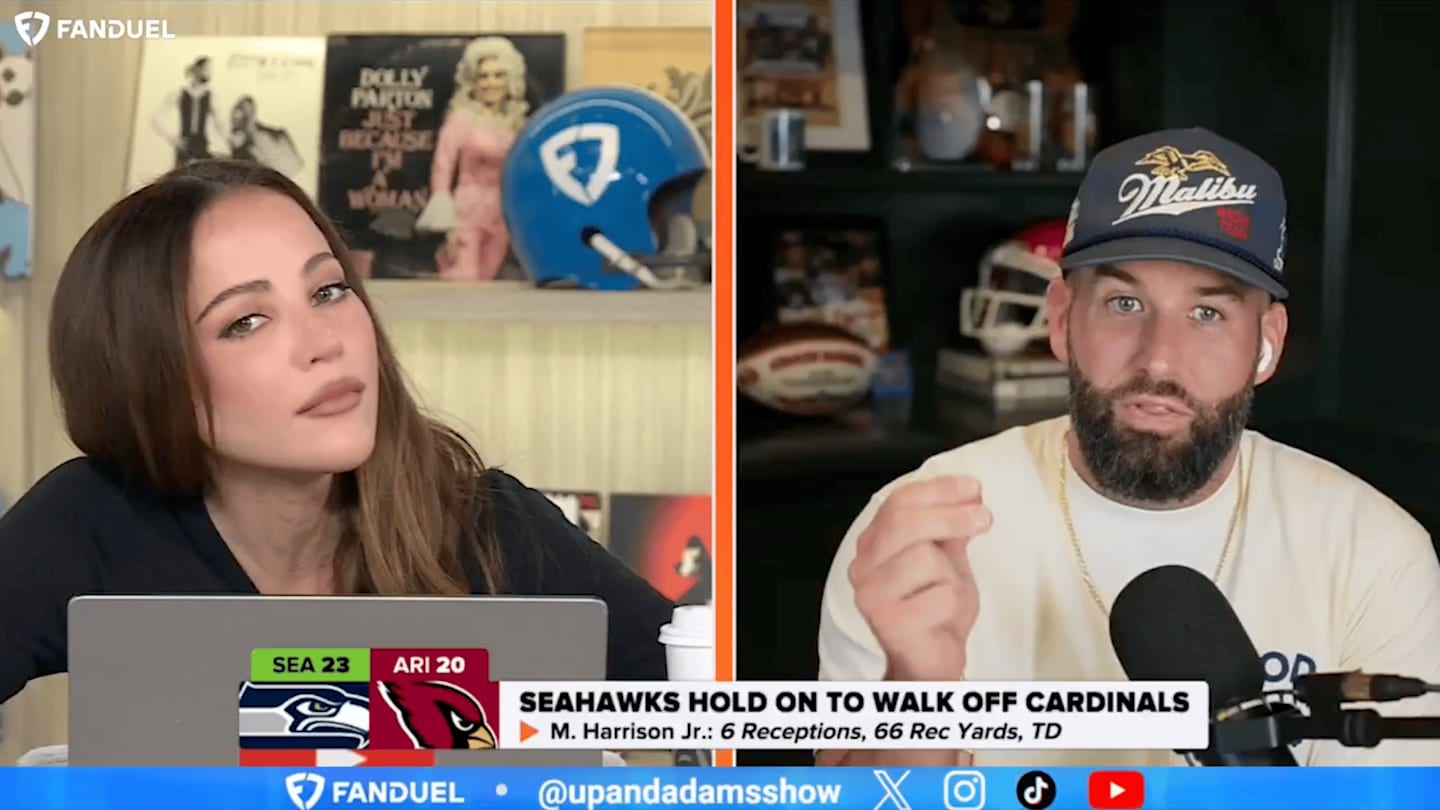
The NFL’s new kickoff rules took center stage on Thursday Night Football, becoming a major talking point after directly influencing the outcome of a thrilling comeback attempt. The Arizona Cardinals, after orchestrating a remarkable rally, saw their hopes dashed by a rule that has been a source of debate since its 2024 implementation. Former NFL quarterback Chase Daniel did not mince words, calling the rule “awful” and highlighting its decisive impact on the game.
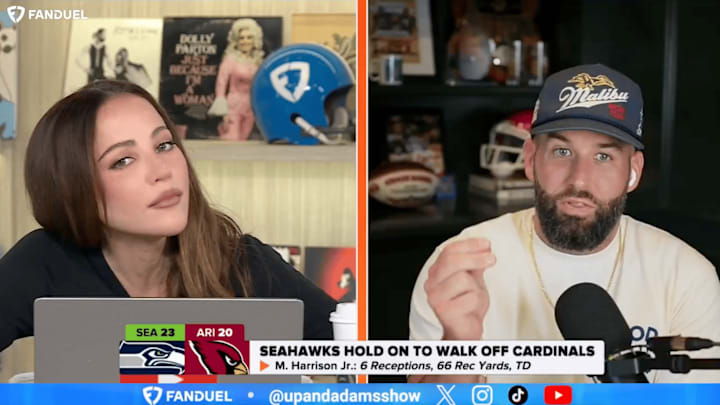
Cardinals’ Comeback Halted by a Crucial Kick
In a dramatic turn of events, the Arizona Cardinals scored two fourth-quarter touchdowns, their only trips to the end zone all game, to tie the Seattle Seahawks with less than 30 seconds remaining. With momentum firmly on their side and overtime seemingly inevitable, their plans were thwarted by a single, ill-fated kickoff.
Chad Ryland’s kickoff landed just shy of the designated “landing zone”—the area between the receiving team’s goal line and the 20-yard line. Under the new NFL rules, a kick that falls short of this zone is treated identically to one that goes out of bounds, resulting in the ball being placed at the 40-yard line. Ryland’s kick landed approximately one yard short of the 20-yard line, gifting the Seahawks exceptional field position to attempt a game-winning field goal.
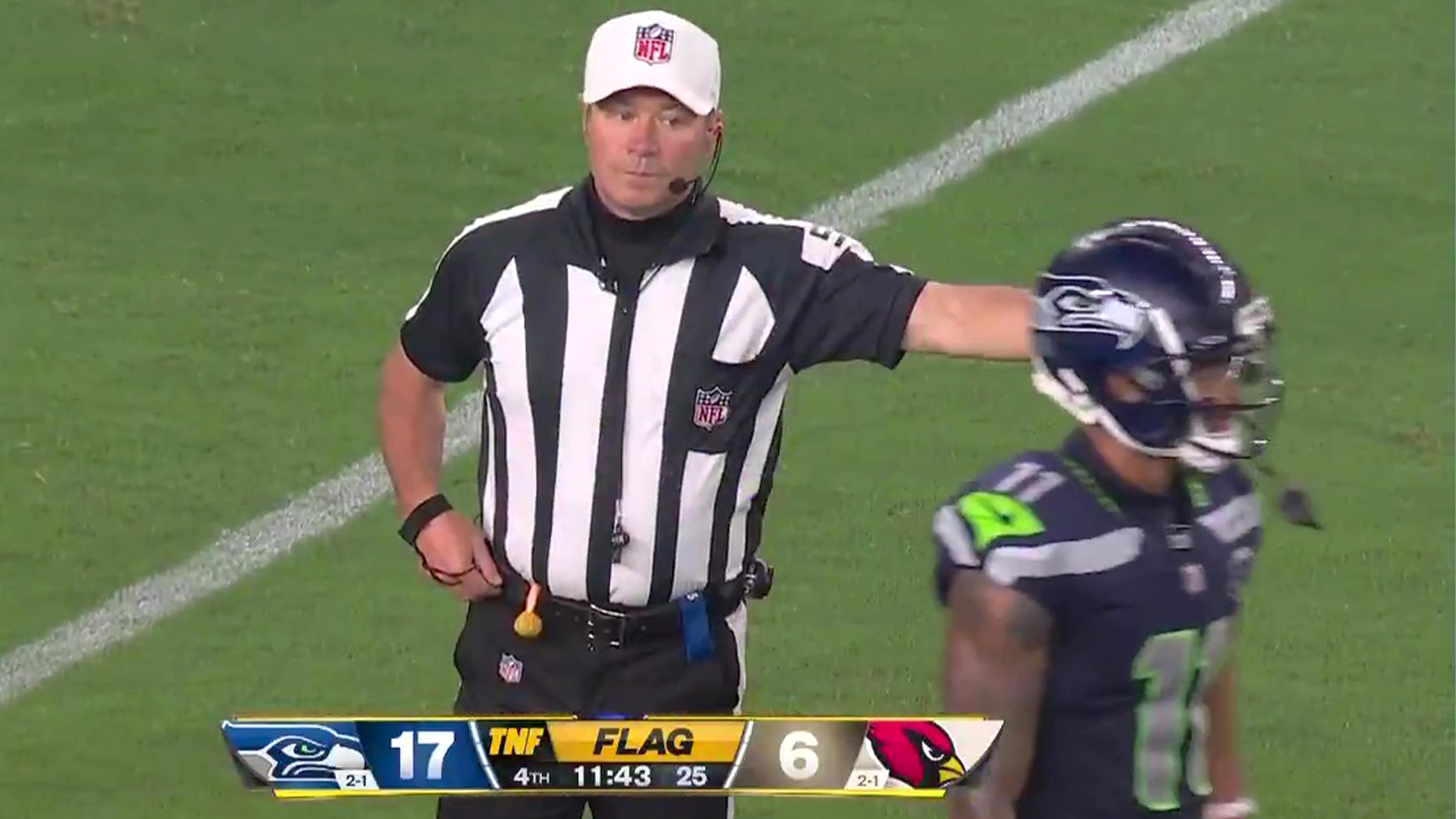
This costly error set up the Seahawks for a 23-20 victory, denying the Cardinals a chance at overtime. Despite the direct impact of the kick, Cardinals coach Jonathan Gannon defended Ryland, stating he had instructed his kicker to keep the ball in play to burn time off the clock.
Chase Daniel’s Fiery Critique of the New Kickoff Rules
The controversial ending ignited a passionate debate about the NFL’s dynamic kickoff rule, which debuted in the 2024 season. Former NFL quarterback Chase Daniel, appearing on Kay Adams’s Up & Adams Show, launched into a scathing critique.
“The new kicking rules are awful,” Daniel declared. “[The Cardinals] lost that game because of a half of a yard not landing in the landing zone. And if you kick it in the end zone now it comes out to the 35. Like, I’m a football purist, and people are going nuts over it like, ‘Oh, this is the rule.’ One completion wins you the game now.”
He continued, “I just think we’re changing so many of the rules.”
Daniel’s frustration reflects a sentiment shared by many traditionalists who feel the league is over-regulating fundamental aspects of the game.
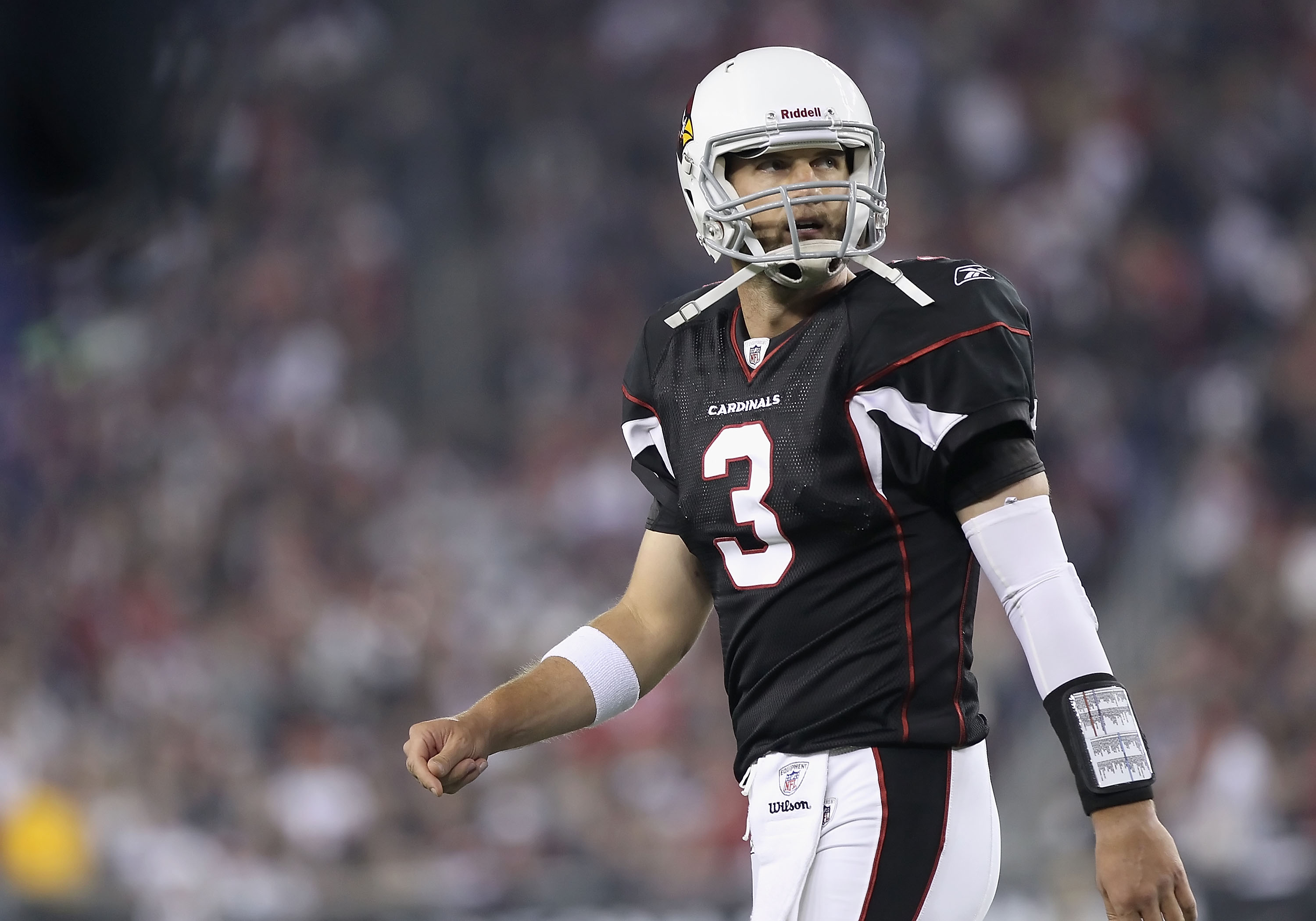
Coaches’ Perspective vs. Player Frustration
While Daniel focused on the rule’s immediate impact, Coach Gannon offered a broader perspective. “The game doesn’t come down to one play,” he asserted. Gannon is correct in that the Cardinals’ struggles in the first three quarters contributed significantly to their precarious position. His stance also reflects a coach’s natural inclination to support his players and avoid publicly criticizing league policies.
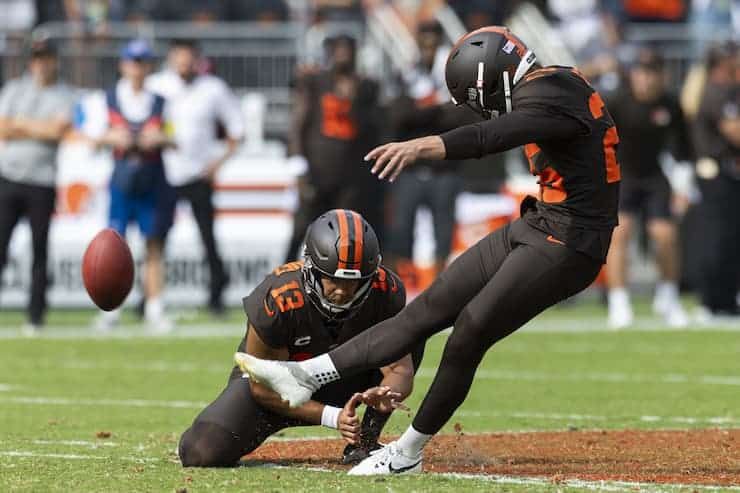
However, the fact remains that Ryland’s kick, directly influenced by the new rule, provided the Seahawks with the opportunity to win in regulation, bypassing the uncertainty of overtime. This incident serves as a stark reminder of how these rule changes can dramatically alter game outcomes.
The Ongoing Debate: Safety vs. Tradition
The NFL introduced the dynamic kickoff rule primarily to enhance player safety by reducing high-speed collisions. While the intention is noble, its practical application has led to moments like Thursday night’s, where a minor miscalculation has significant consequences. As Daniel highlighted, the rule also impacts strategy, with touchbacks now resulting in the ball at the 35-yard line, a change from previous seasons.
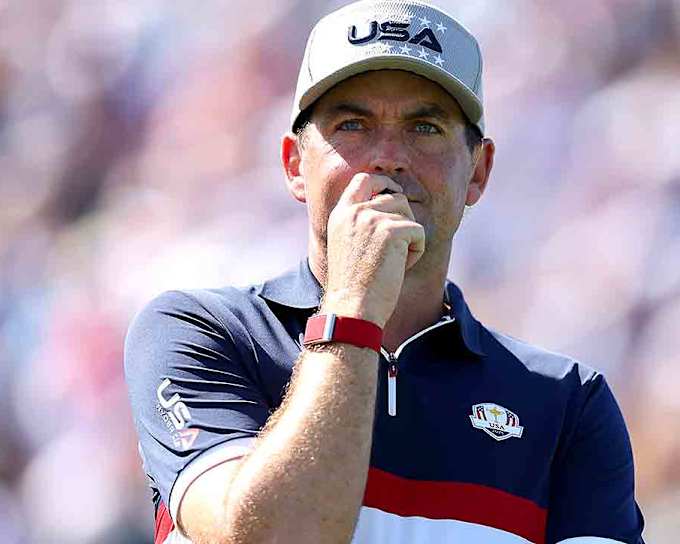
Whether you agree with the new kickoff rule or not, it is clear that it will continue to be a focal point of discussion, especially as it continues to influence critical moments in NFL games. The balance between player safety, strategic integrity, and the traditional excitement of the game remains a complex challenge for the league.

